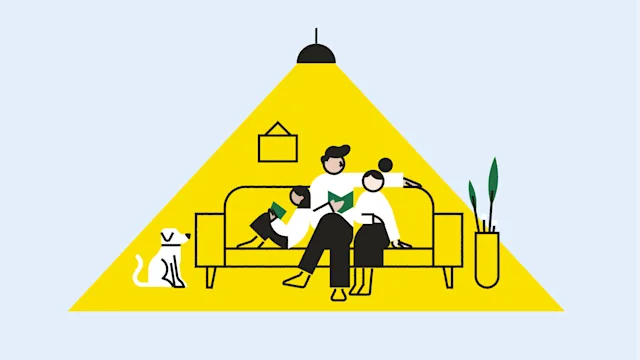When you’re pressed for time and have a to-do list a mile long, you might feel like multitasking is your best option. In reality, multitasking can be distracting and even cause you to go slower and produce work that’s not your normal quality.
Focusing on one task at a time, minimizing workplace distractions, and proper time management are some ways to help improve concentration.
References
Davis, D. M., et al. (2012). What are the benefits of mindfulness. American Psychological Association.
Gómez-Pinilla, F. (2014). The influence of exercise on cognitive abilities. Comprehensive Physiology.
Hardy, J. L., et al. (2015). Enhancing cognitive abilities with comprehensive training: A large, online, randomized, active-controlled trial. PLoS One.
Krishnan, K., et al. (2022). Multidisciplinary approach to brain fog and related persisting symptoms post COVID-19. Journal of Health Service Psychology.
Langner, R., et al. (2013). Sustaining attention to simple Tasks: A meta-analytic review of the neural mechanisms of vigilant attention. Psychological Bulletin.
Lorenz-Spreen, P., et al. (2019). Accelerating dynamics of collective attention. Nature Communications.
Madore, K. P., et al. (2019). Multicosts of multitasking. Cerebrum: The Dana Forum on Brain Science.
Mandal, A. (2020). The pomodoro technique: An effective time management tool. Eunice Kennedy Shriver National Institute of Child Health and Human Development.
Rees, A., et al. (2017). The impact of breaks on sustained attention in a simulated, semi-automated train control task. Applied Cognitive Psychology.
Schrager, S. (2022). Improving time management through modern-day to-do lists. Family Practice Management.

Why trust our experts?


Search and compare options












